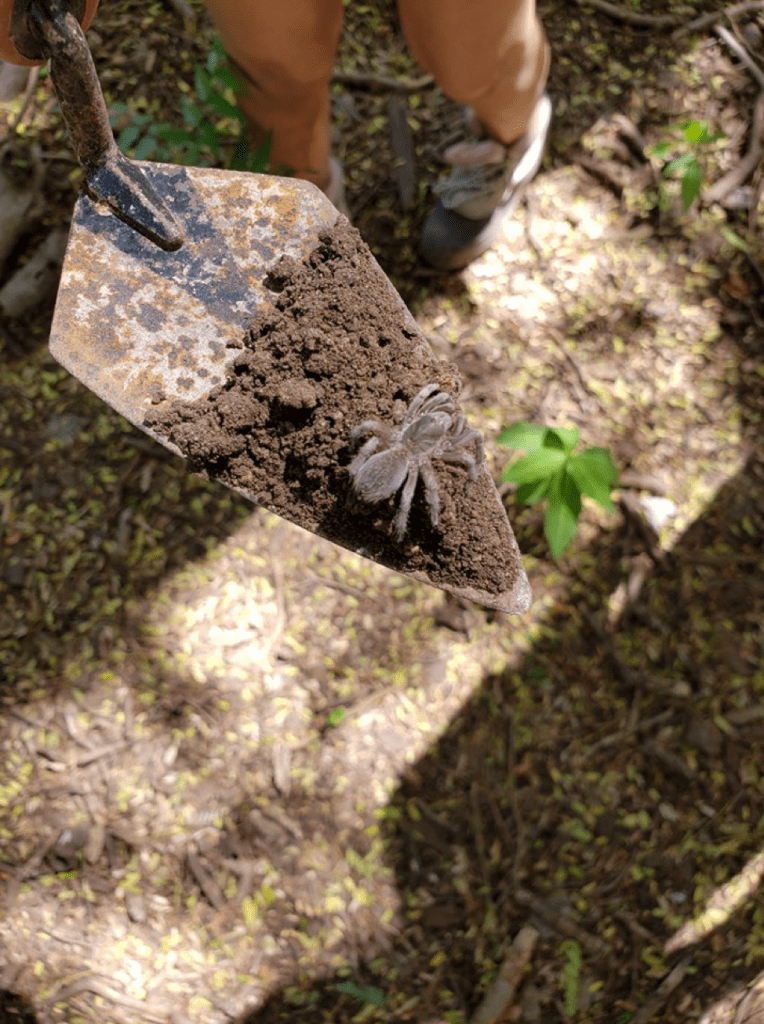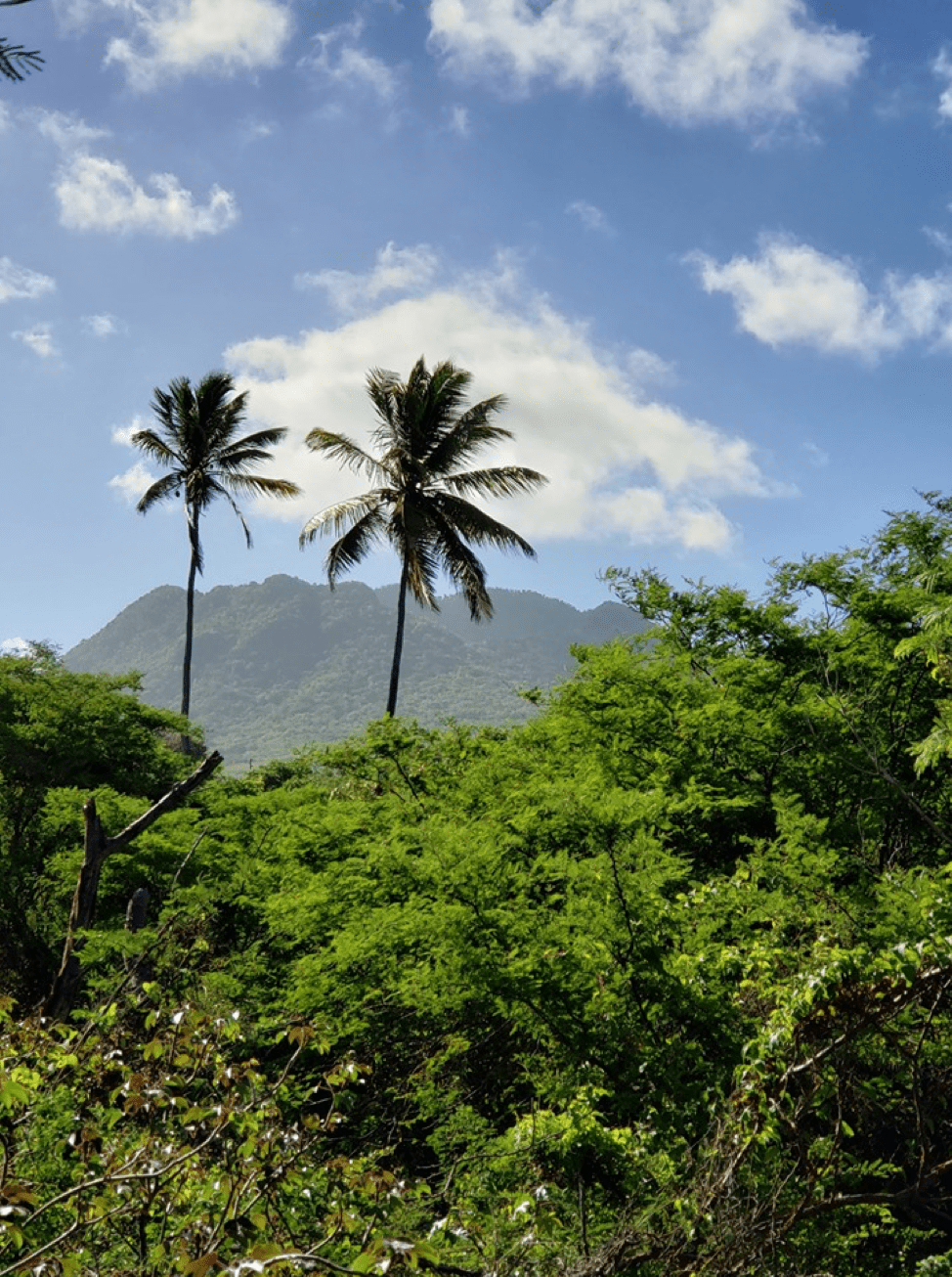By Joshua Duncan
A few years ago, at the ripening age of thirty, I finally realized that the world of academia is where I wanted to be. After a decade of not knowing what to do with myself, I finally realized that my greatest joy in life came from learning, and that specifically I loved learning about the past and the intricate sets of forces and circumstances that have all come together to make the world what it is today. I realized that my intense curiosity for these things could be combined with my love for rummaging in the dirt and exploring the remains of our shared past fit neatly within the field of archaeology and had found my niche. At first, archaeology seemed like a long shot; however, a few classes and the influence of some good teachers and I was able to work up the confidence to take on archaeology as a serious life goal. It was on the advice of one these aforementioned teachers that I decided to apply for the NSF REU site: Exploring Globalization Through Archaeology on St. Eustatius. When the notification of my acceptance to the program came, I was both thrilled and terrified. Now, I thought, I would have to stop dreaming about archaeology and actually start doing it.

View of Statia form a Saturday hike up the Quill, which is the dormant volcano that dominates the southern end of the island.
While I experienced some anxiety at the thought of flying off and living with strangers for two months; almost immediately after arriving on the island I knew this would be the perfect opportunity to exercise my strengths and weed out some personal weaknesses. The days were hot and the sweat never stopped pouring, but the sense of satisfaction that I received every time a new artifact was unearthed was enough to make me smile almost unceasingly throughout the entire trip. This feeling of intense happiness was aided by the group of “strangers” who I had flown off to live and work with who turned out to be an incredible group of individuals that quickly showed themselves to be up for an adventure and a shared sense of comradery and friendship was immediately noticeable.

Hitting the bottom of Unit 1, and I couldn’t be happier!
The work we conducted took on a very real, rather than theoretical, sense of meaning for me as I realized that each artifact we found was not simply debris of the past but can be used to form the untold stories of past lives of very real people who had once lived on Statia and are largely forgotten by history. For instance, artifacts can tell the stories of the thousands upon thousands of enslaved Africans forced from their homes, sent across an ocean, and yet still had the strength to carry on living and preserving their own culture in a variety of creative ways. Artifacts allow us to tell the stories of countless people who set out into the unknown at great risk to themselves in order to search for a different life. They can tell of tragedy, adventure, and romance, but even more importantly, they can tell us about reality. The reality of the past is what has made us who we are, and whether positive or negative or somewhere in between, it should not be forgotten because it still has many valuable lessons to teach.
As for the REU itself (as you can tell, it has left quite an impression), other than excavation, I received hands-on training and experience with a wide variety of equipment and techniques that are invaluable to archaeology, such as ground penetrating radar, gradiometer, and total station. Although I was assigned to the archaeology team, I was able to spend time working with the forensic and bioarchaeology team. On top of this, and perhaps most importantly, I had the opportunity to work alongside a group of professional archaeologists who are masters in their respective fields and consistently made themselves available, both in and out of the field, to offer instruction and advice, and for them I am incredibly thankful. This variety of instruction and experience is extremely important to me as it has made me a more versatile student of anthropology and has me feeling more prepared for whatever opportunities I may come across in the future as I prepare for graduate school and an eventual career in archaeology.
On top of the invaluable hands-on archaeological experience I received during this REU, I can honestly say it was one of the true highlights of my life thus far as well. The chance to get out of my comfort zone, meet new people, experience different cultures, and learn a plethora of new things about myself, as well as the world in which I exist, has left me with a renewed sense of vitality and hope for the future. Both for myself, and for the world at large. (Also, for what it’s worth, my lifelong apprehension toward spiders has cleared up due to extensive run-ins with an apparently rare variety of tarantulas…)

One of my new friends.
As our team heads in to the research phase of this project at Texas State University in San Marcos, I can honestly say that I am very excited about what comes next. There is more to find and learn in a new setting, and regardless of what it is that we find through our research, it will doubtless be beneficial to the stories we are reconstructing and to the individuals conducting this research.

Daily view from the base of our site.